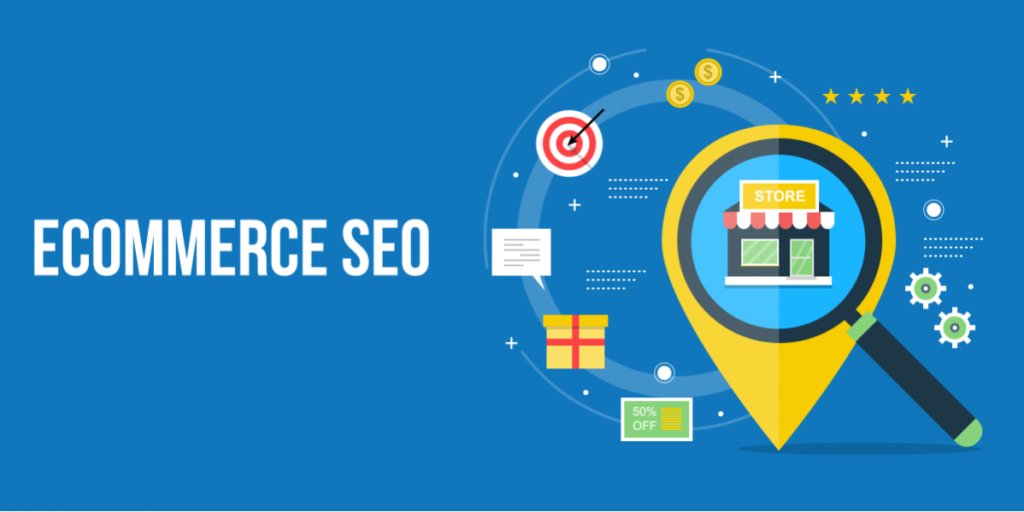
In today’s digital age, the fitness industry has witnessed a tremendous shift towards the online realm. With the increasing popularity of virtual workouts, personalized training programs, and fitness apps, fitness experts now have the opportunity to expand their reach and grow their business like never before. In this article, we will explore proven strategies and valuable insights on how fitness professionals can harness the power of the internet to boost their visibility, attract a wider audience, and ultimately, flourish in the online fitness landscape.
Build a Strong Online Presence
Create a Professional Website: A well-designed website acts as your virtual storefront, showcasing your expertise, services, and testimonials. Invest in a user-friendly interface that reflects your brand identity.
Optimize for Search Engines: Employ search engine optimization (SEO) techniques to ensure your website ranks high on search engine results pages (SERPs). Target relevant keywords, create engaging content, and build backlinks to enhance your website’s visibility.
Leverage Social Media Platforms: Establish a strong social media presence across platforms such as Facebook, Instagram, and YouTube. Regularly share valuable content, engage with your audience, and leverage social media advertising to expand your reach.
Develop Compelling Content
Blogging: Start a fitness blog to share your expertise, offer tips, and provide valuable insights to your audience. Consistently publish high-quality content that is informative, engaging, and optimized for search engines.
Video Content: Leverage the power of video to connect with your audience on a deeper level. Create instructional workout videos, fitness challenges, and motivational content to captivate and inspire your viewers.
Podcasting: Launch a fitness-themed podcast to share expert interviews, success stories, and advice. Podcasts provide a convenient and versatile medium for your audience to consume your content on the go.
Offer Online Coaching and Training Programs
Personalized Training Plans: A Brandon Senior Fitness expert told me to develop customized workout and nutrition plans tailored to the specific needs and goals of your clients. Utilize online platforms and apps to provide seamless delivery and tracking of progress.
Virtual Training Sessions: Offer one-on-one or group virtual training sessions through video conferencing tools. This allows you to reach clients from anywhere in the world, expanding your client base beyond geographical limitations.
Online Courses and Memberships: Create comprehensive online courses or membership programs that provide in-depth knowledge, resources, and ongoing support to your clients. This not only establishes you as an authority but also generates recurring revenue.
Collaborate and Network
Partner with Influencers and Brands: Collaborate with social media influencers or other complementary brands in the fitness industry to tap into their established audience base. Cross-promote each other’s content or offer exclusive discounts to attract new clients.
Guest Posting and Interviews: Contribute guest articles to fitness publications or seek opportunities for interviews on popular podcasts or YouTube channels. This exposure can significantly boost your credibility and widen your reach.
Join Online Communities: Engage with fitness-related forums, Facebook groups, and online communities to share your expertise, answer questions, and establish yourself as a trusted resource. Networking within these communities can lead to valuable collaborations and referrals.
Conclusion
The digital landscape presents vast opportunities for fitness professionals to expand their businesses and thrive in the online realm. By building a strong online presence, creating compelling content, offering personalized training programs, and actively collaborating with others in the industry, fitness experts can attract a broader audience, establish their authority, and cultivate a thriving online business. Embrace the power of the internet, adapt to evolving trends, and embark on a journey towards greater success in the digital fitness world.









